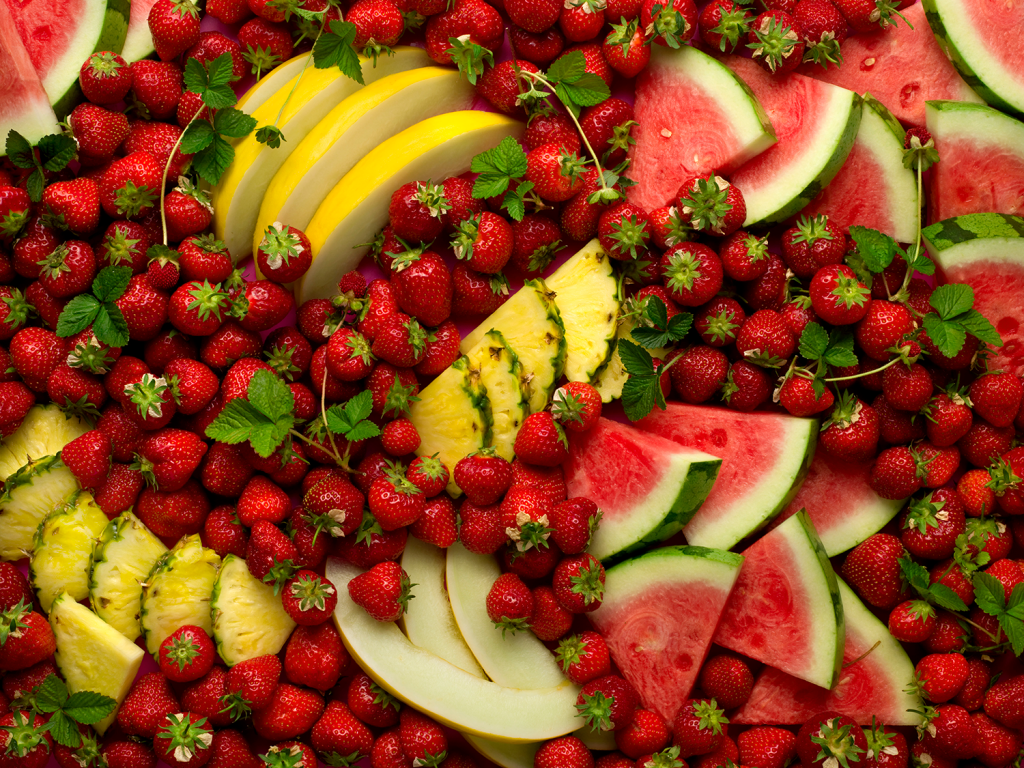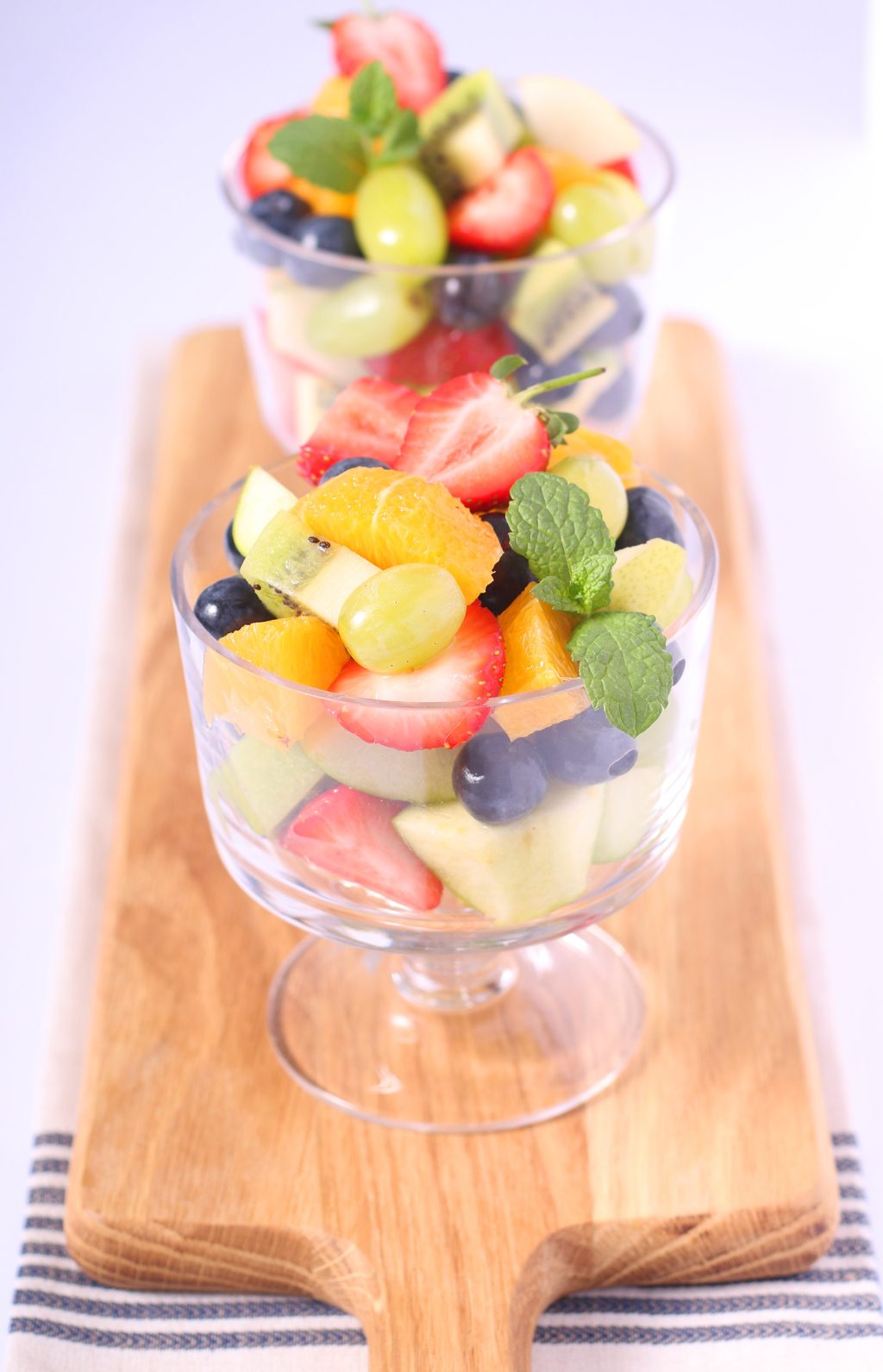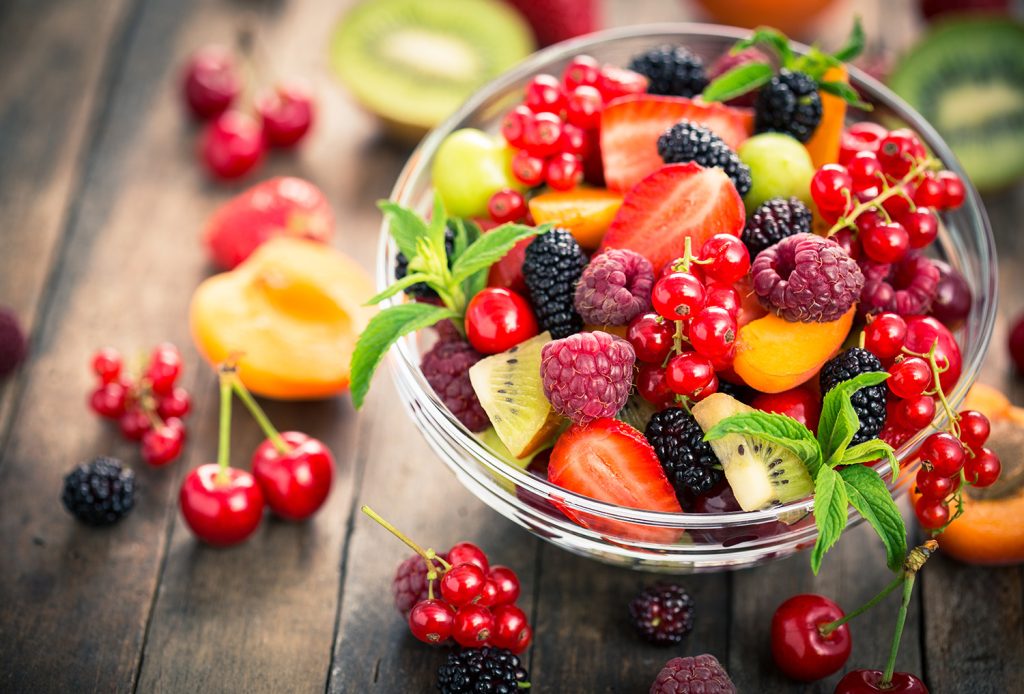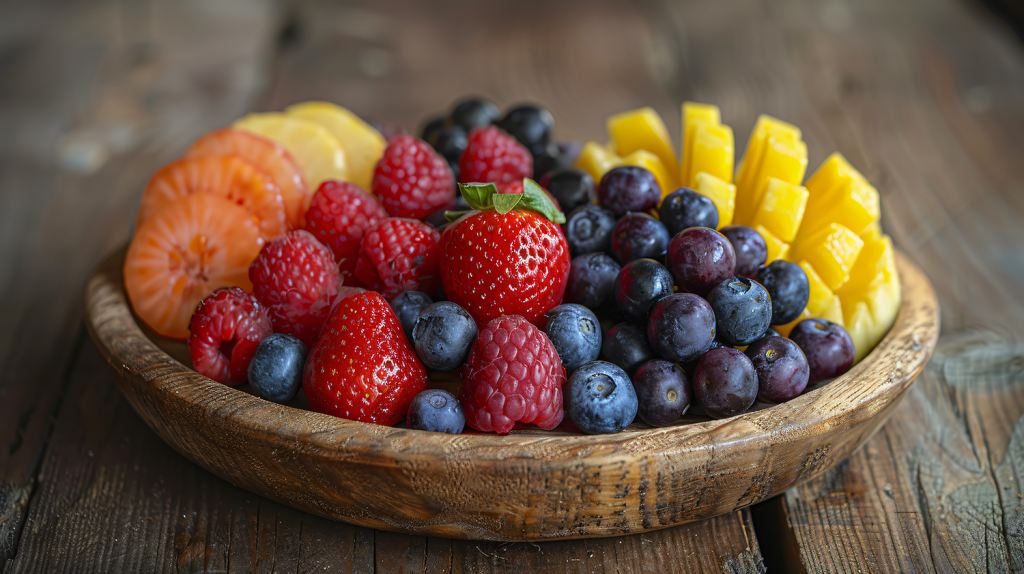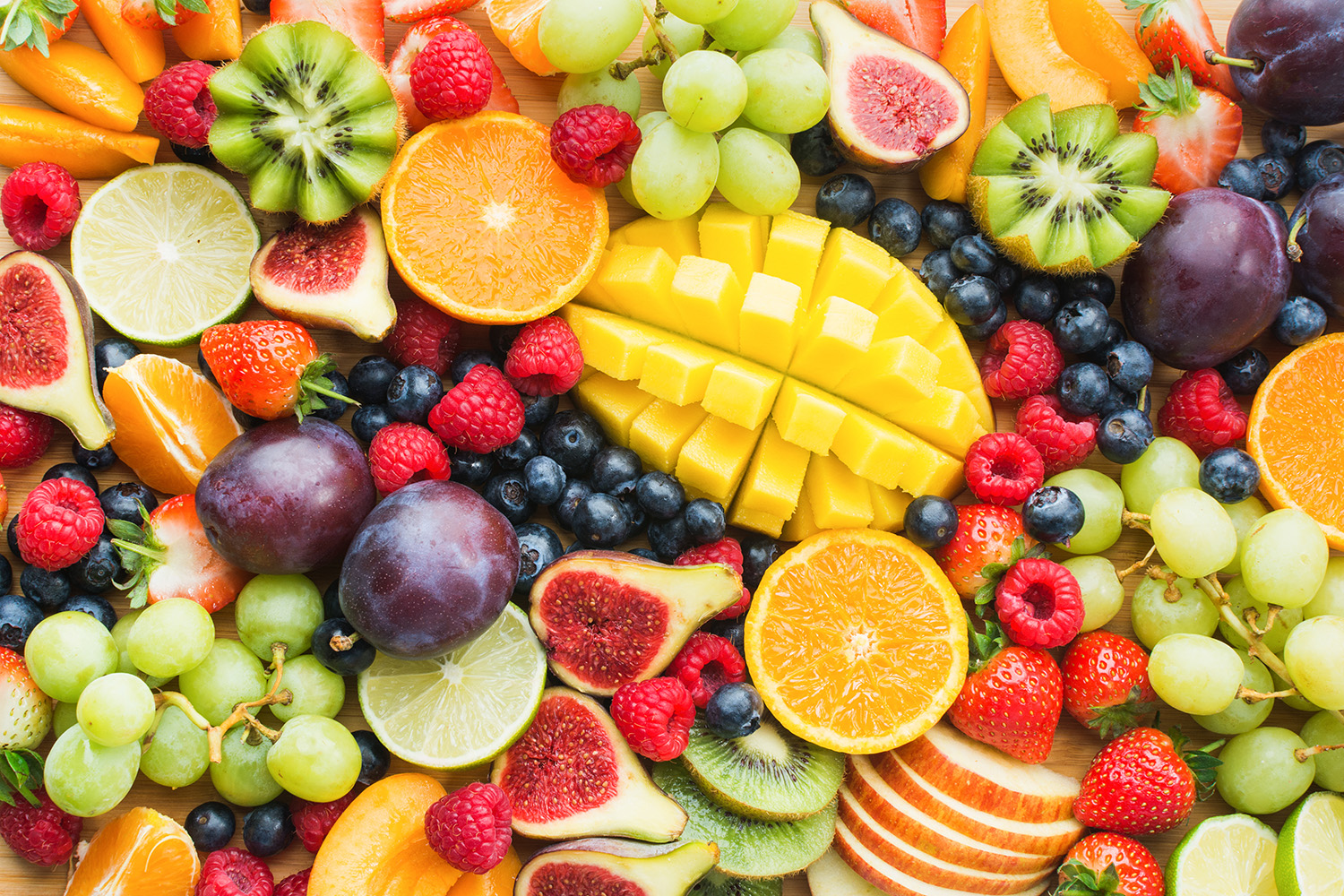
60 second summary:
- While we need to avoid eating too much sugar, this doesn’t include sugar from whole fruit
- Fruit contains natural sugars, but it also provides essential nutrients like fibre, vitamin C and antioxidants
- Fruit juices and smoothies contain free sugars, so we should limit our intake to a small glass a day
- Free sugars are also present in foods like cakes, biscuits, sweets, puddings and many breakfast cereals
- We can still enjoy these foods, but it’s best to eat them only occasionally
- Eat a rainbow of colours of fresh, frozen or canned fruit – as much as you like!
Public health campaigns and media headlines have rightly advised us against eating too much sugar, but this has led to some individuals cautioning against eating fruit. What is the truth behind the claims, and how much fruit should we really be eating?
Different types of sugar
The sugar that we need to reduce in our diet is known as “free sugar”. Free sugar comes in many different forms:
- It can be the familiar white or brown sugar we spoon into our coffee or use in baking
- It can be added to foods like biscuits, cakes, soft drinks, breakfast cereals, confectionery, ice cream, puddings, yoghurts and chocolate. It might be called glucose, dextrose, sucrose, or syrup
- Honey, maple syrup and treacle also contain free sugars, as well as fruit juice concentrates, which are often used in products as a replacement for sugar
- Fruit or vegetable juice and smoothies also contain free sugars because the juicing or blending process releases the sugars from the plant cell wall
It’s very easy to overeat foods and drinks that are high in free sugars as they often don’t fill us up. For this reason, they are linked to obesity and, thereby, type 2 diabetes as well as many other non-communicable diseases. A diet high in free sugars is also linked to tooth decay because sugary foods are often acidic, which isn’t good for our teeth.

We don’t need to eat less fruit
The sugars found in whole fruit and vegetables, whether they are fresh, frozen, dried or canned, and those found in milk and unsweetened yoghurt are not free sugars. We absorb sugars from these types of food more slowly.
Fruits contain some natural sugars, which has led some people, particularly on social media, to claim that we should limit how much fruit we eat. Here we explain why you don’t need to eat less fruit:
- Fruit provides essential nutrients like fibre, vitamins like vitamin C and beta-carotene (a plant-based form of vitamin A), as well as other plant nutrients like antioxidants
- Most fruit has a high water content, which means the sugar levels are far lower than you find in sugary snack foods like sweets and cakes. And these sugars are often released more slowly than those found in soft drinks, sugary snacks and puddings
- Fruit needs a lot of chewing, in part because of its high fibre content, so we can’t eat it as quickly as foods high in added sugar. This slows down the speed with which we eat and helps us to manage our appetite better
Top tips for eating fruit
- Eat a rainbow – eating a variety of fruit in lots of different colours helps you to obtain a wider range of nutrients. One portion is around 80g or a handful-sized amount
- Try to only have 150ml (a small glass) of juice or smoothie a day as these are a source of free sugars
- Dried fruit like raisins, prunes, apricots or dates can be a good source of vitamins and minerals like iron but it’s also quite high in sugar so try to eat at mealtimes to protect your teeth. Try it sprinkled on cereal, porridge or yoghurt. A portion is 30g or a heaped tablespoon
In short, eating whole fruit is very good for us and we don’t need to worry about the natural sugars it contains. Eat a variety of colours and enjoy the different fruits available throughout the seasons.
Claire Baseley – Consultant Nutritionist
